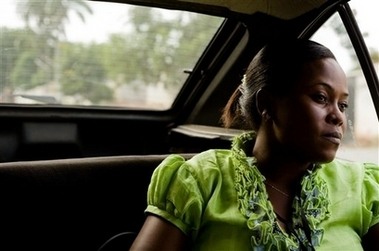Ghana reflects progress in Africa
Updated: 2007-12-03 11:44
ACCRA, Ghana -- Coby Asmah is a success in a part of the world that is hardly ever equated with success.
|
|
The design and printing business he launched from his dining room table 14 years ago now employs 54 people. He drives a new gold SUV, dresses as sharply as any Madison Avenue executive and vacations in the United States. And despite winning US citizenship, he has chosen to stay in Ghana.
Asmah belongs to an Africa all but unknown outside the continent -- one of growth and business opportunity, with a tiny but rapidly spreading middle class.
Fifty years after Ghana became the first African country to gain independence, Africa's economies are expanding by 5.4 percent a year -- compared to a world average of 4.2 percent -- and are projected to hit almost 7 percent next year. Investments are up. Banking firm Merrill Lynch & Co. concluded that Africa now offers investors as much potential as Russia.
These signs of economic hope come as the world is increasingly aware of its broader stake in Africa. Rich countries fear any disruption in the flow of resources out of Africa, which now rivals the Middle East in the quantity of oil it sends to the United States. Terrorism has revealed the danger of failed states, and hundreds of thousands of African immigrants flee to America, Europe and the Middle East every year.
The picture across the 48 countries of sub-Saharan Africa is still very much a patchwork. But a yearlong exploration by The Associated Press shows that progress -- while fragile -- is finding a foothold, in spheres ranging from democracy to education. Perhaps most strikingly, after few results from five decades of advice and $568 billion in aid, today's developments in business, education, government and other areas are being led by Africans themselves.
There is a new sense among many Africans that it is up to them to rethink their continent and challenge the West to do the same. The change shows up all over — in newspaper editorials, in a regional partnership for African leadership, in the revamping of the African Union, in a newly aggressive stance for fairer terms in agricultural trade, and in the confidence of entrepreneurs like Asmah.
"The change of thinking has been coming from Africa," says economist George Ayittey, a Ghanaian teaching at American University in Washington, D.C. "Civil society in Africa is becoming more and more empowered and emboldened, and they are driving the agenda."
|
|
|
||
|
||
|
|
|
|


